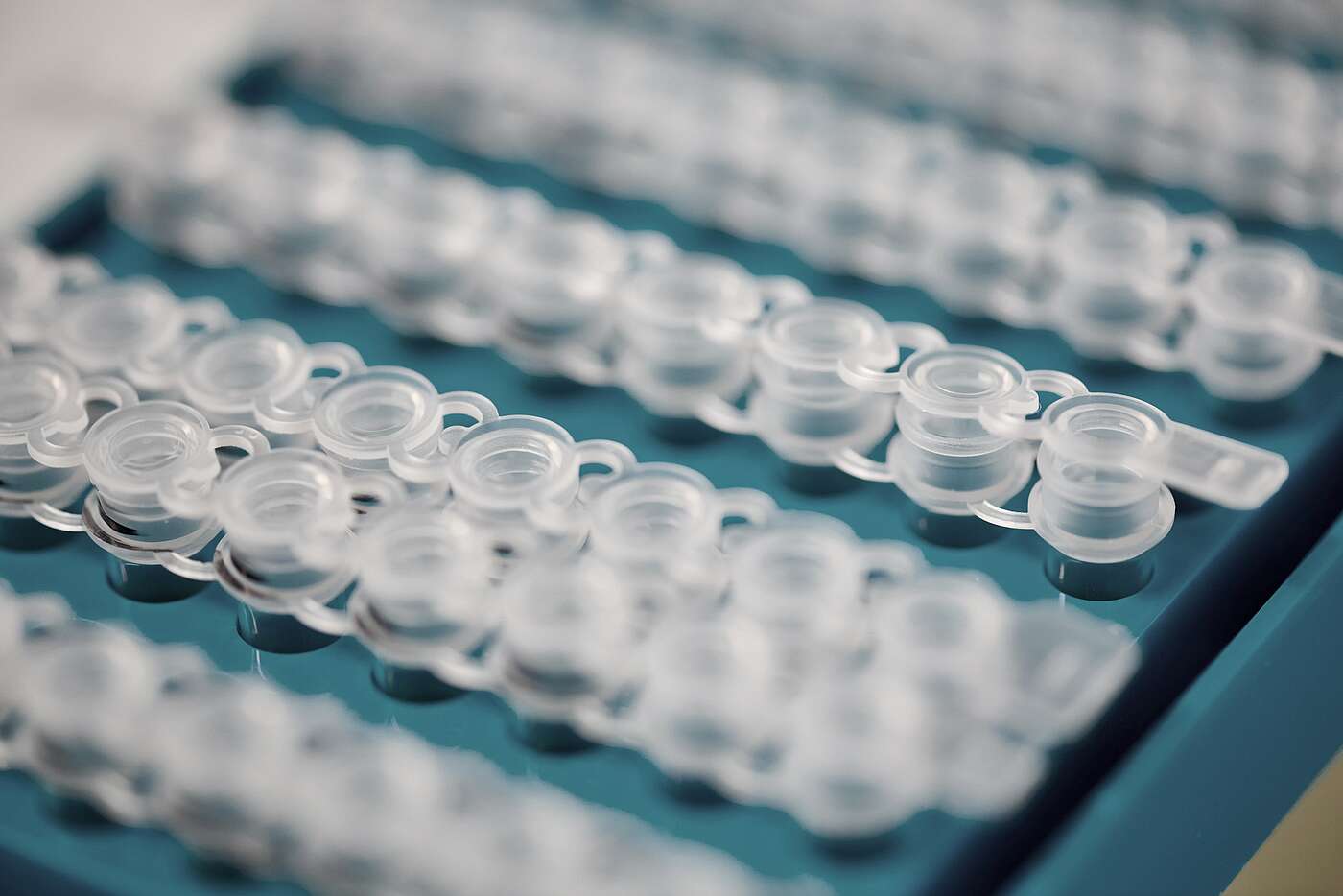Precision Microbiota Engineering for Child Health
The project “Precision Microbiota Engineering for Child Health”, headed by Prof. Emma Wetter Slack of the ETH Zurich, aims to modify the microbiota of individuals with inborn errors of metabolism or necrotizing enterocolitis of the gut to improve the treatment options. Prof. Méderic Diard, infection biologist of the Biozentrum, University of Basel, is one of the research teams contributing to this research project.
By developing novel tools to engineer the microbiota of individuals the research teams aim to replace “bad” bacteria in the microbiome of the gut by “desirable” ones. This modification will be achieved with the help of engineered antibodies, and the direct modulation of gene expression in intestine-resident bacteria by employing CRISPR-dCas9 technology. Since microbiota engineering can be applied across a wide range of childhood diseases, this effort has far-reaching implications for the future of medicine.
Living Microbial Diagnostics to Enable Individualized Child Health Interventions
The project “Living Microbial Diagnostics to Enable Individualized Child Health Interventions”, headed by Prof. Randall Platt of the ETH-Department of Biosystems Science and Engineering (D-BSSE), aims to develop a CRISPR-based technology involving engineered bacteria which are capable of sensing, remembering, and reporting on the environment within the gut. Prof. Dirk Bumann, infection biologist of the Biozentrum, University of Basel, is one of the participating research teams.
By monitoring the changes in the gut microbiome the researchers want to serve a functional readout of the status of our health. The CRISPR-based technology will use engineered bacteria which provide an assessment of the nutritional, infection, and inflammation status of the gut and can be a basis for individualizing and improving medical and lifestyle interventions for children and adolescents in the future.
BRCCH Multi-Investigator Program
In total, 28 applications were submitted in response to the first call for multi-investigator programmes (MIPs). The chosen projects are supposed to start within the first months of 2020. The Principal Investigators will present their projects on the inaugural Spotlight Day of the BRCCH on 30 January 2020, at the Zentrum für Lehre und Forschung of the University Hospital Basel.
Botnar Research Centre for Child Health
The Botnar Research Centre for Child Health (BRCCH) in Basel has been co-founded by the University of Basel and the ETH Zurich on 19 September 2018. The Centre is funded by a CHF 100 million contribution from the Fondation Botnar. The Centre brings together experts from basic research, engineering, translational science, clinical science as well as ethical, legal and economic experts to ensure the implementation of innovative healthcare solutions that can also be successfully applied in low- and middle-income countries.
Contact: Communications, Heike Sacher



